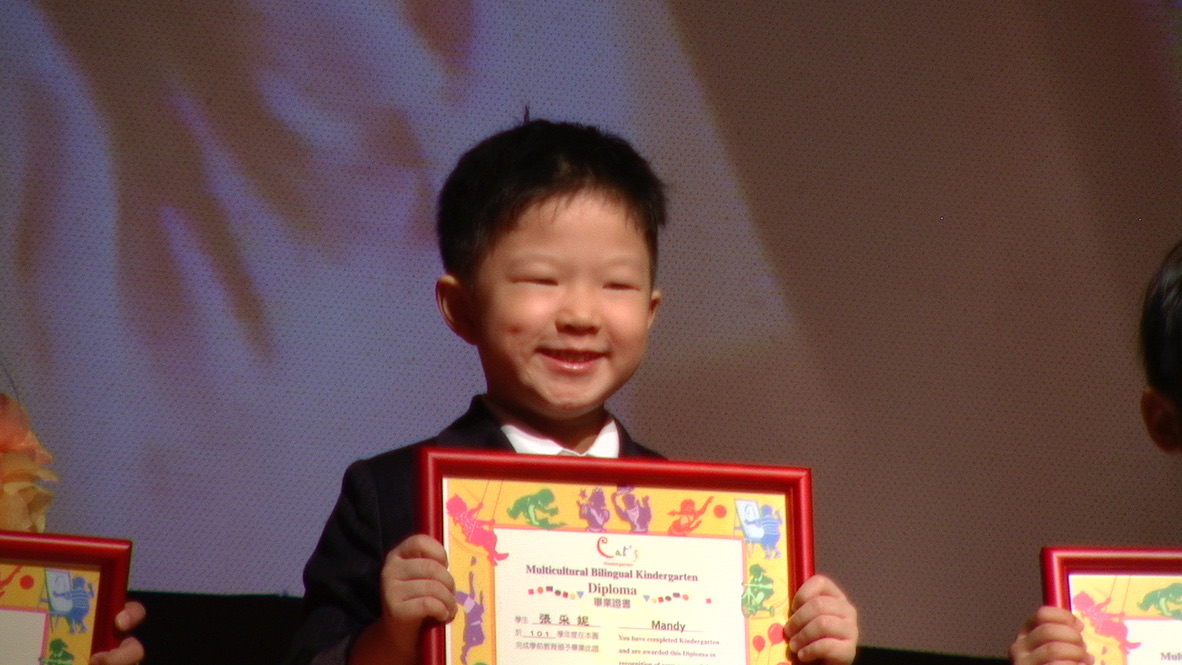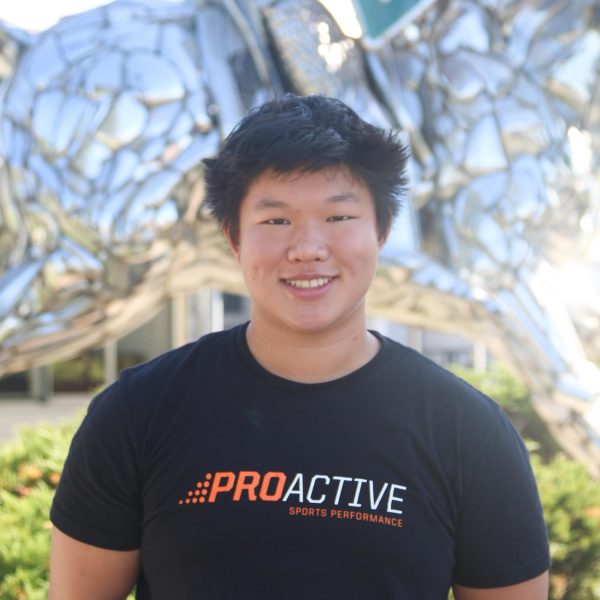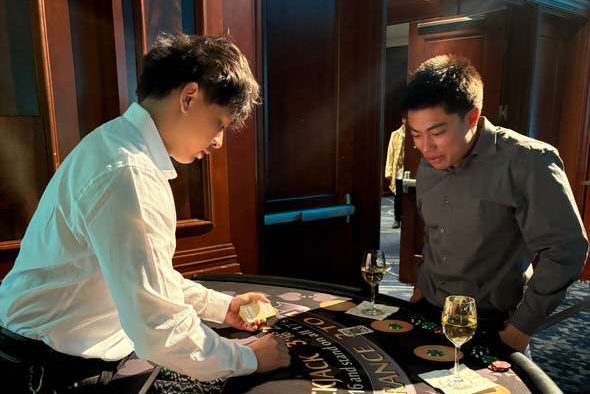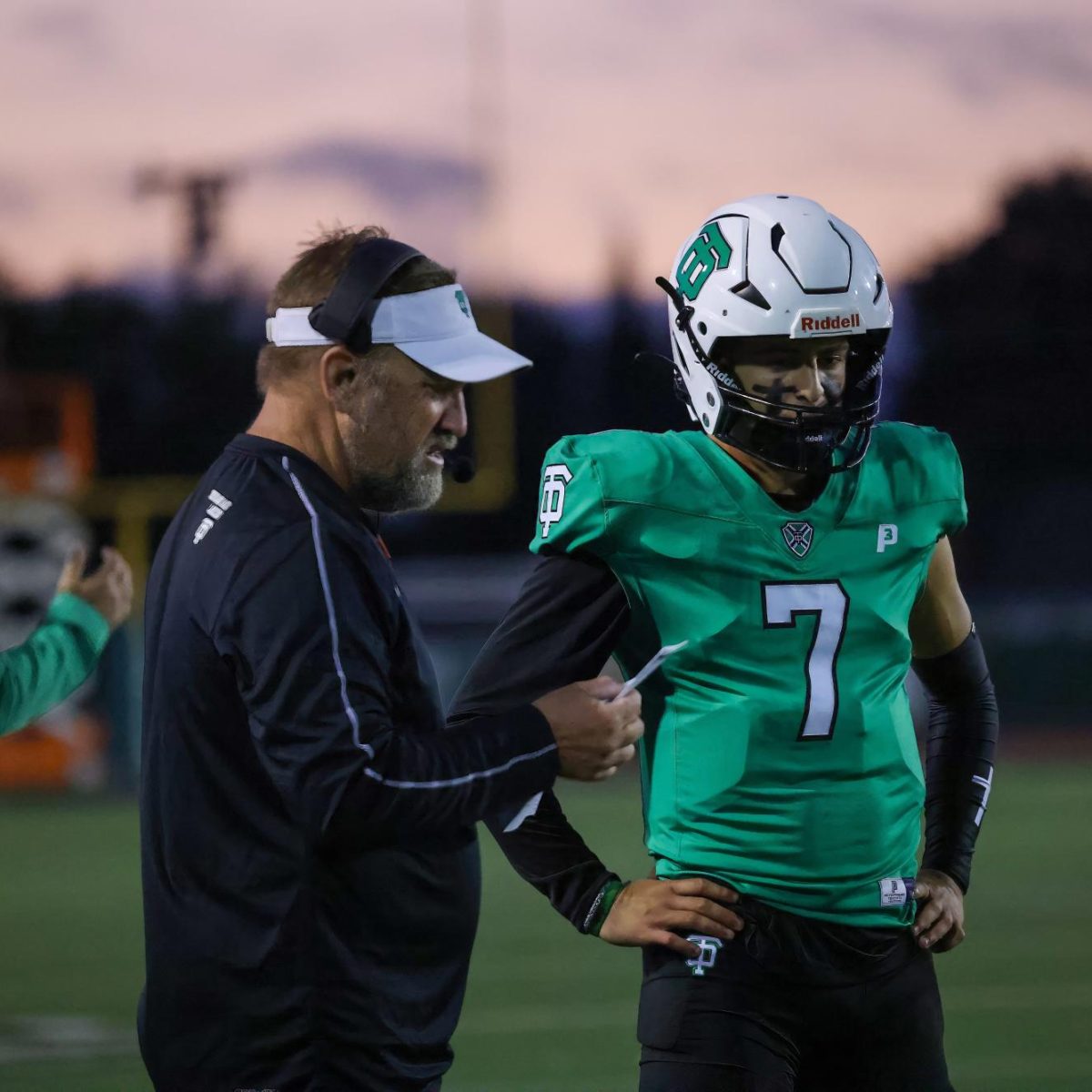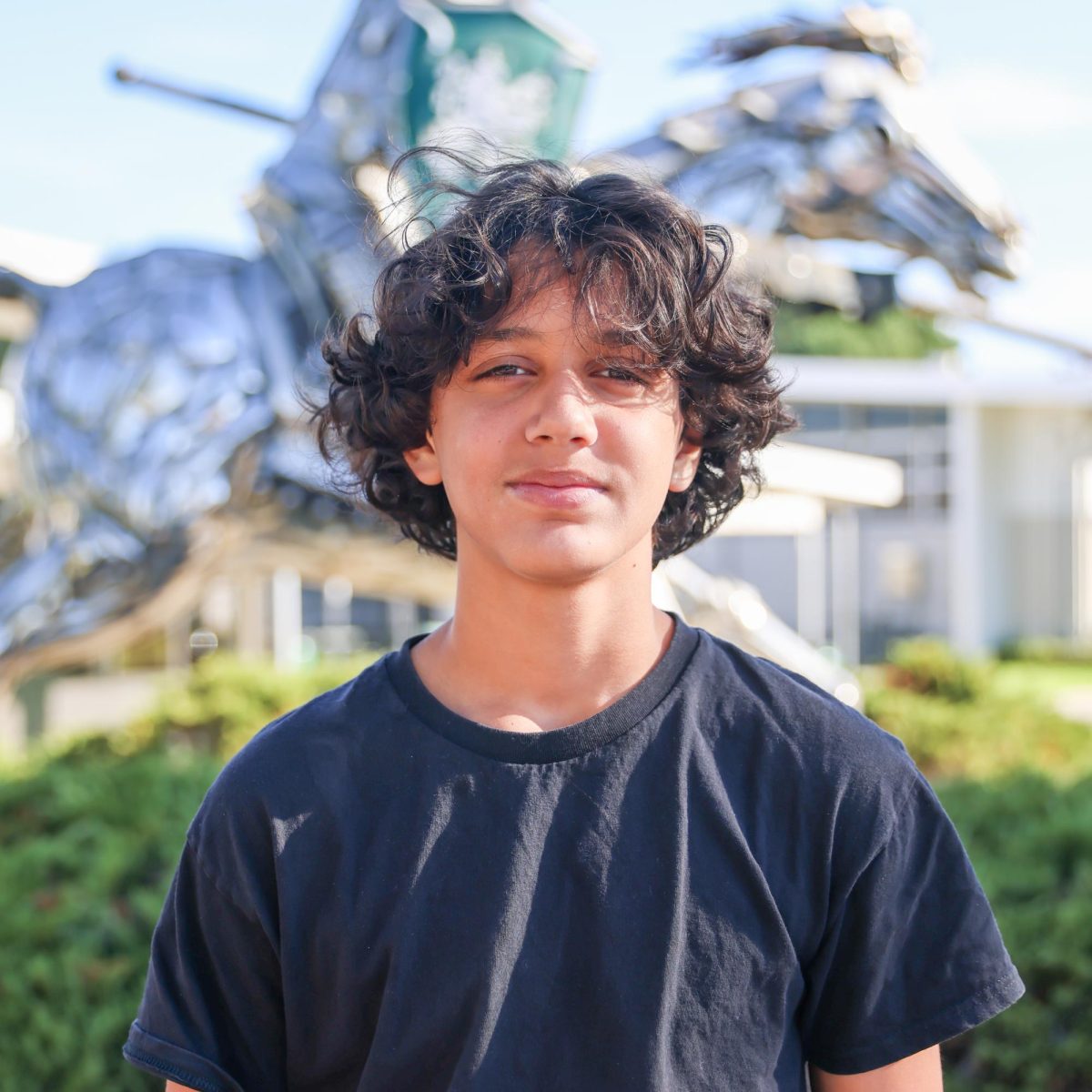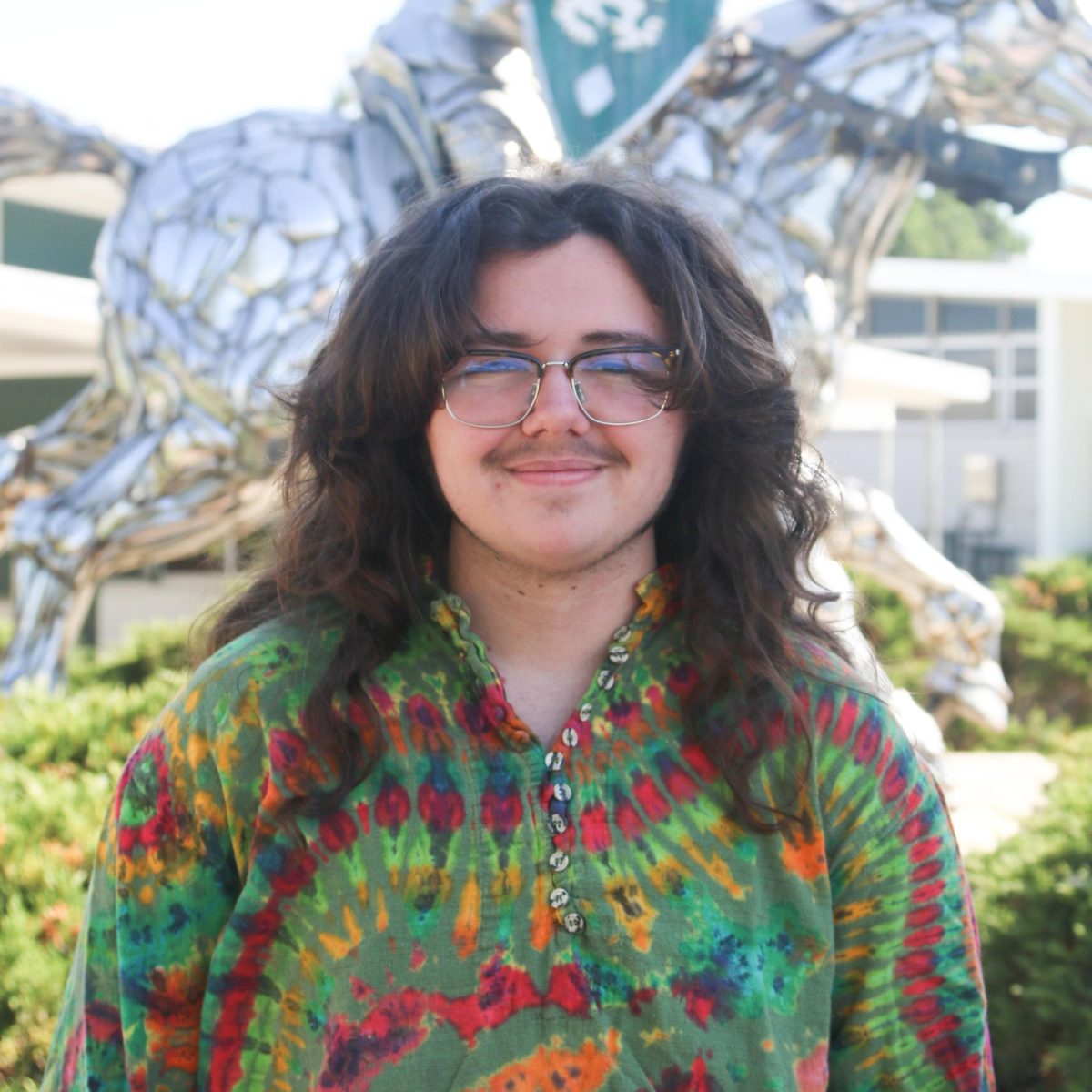On July 3, 2013, my parents and I left Taiwan for the United States, carrying just a few suitcases and the weight of my parents’ sacrifices. I was six years old, too young to understand what we were leaving behind.
Hope. That’s what drives so many first-generation families. They hope their children will have more opportunities, and their struggles and sacrifices will amount to something and will not be in vain. But hope is a heavy thing to carry when it comes wrapped in expectations. For as long as I can remember, I’ve lived in this in-between space. Between two cultures, two identities and two sets of expectations.
At home, I was my parents’ bridge to a world they didn’t understand. At school, I was the kid who didn’t feel like he fit in. My classmates’ birthdays were filled with presents and parties, mine were just another day. They spent weekends at the park while I spent mine helping my dad with bills.
Going into high school, I didn’t have any help picking classes or understanding what AP and honors courses meant. No one at home could guide me through the high school process, no older siblings who had walked this path before me. Every decision, every class, every extracurricular and every email to a teacher was something I had to figure out on my own.
Path to Secondary Education
Applying for colleges was an extension of that same journey. Navigating an unfamiliar process and trying to piece together information that so many people take for granted.
I applied to 31 colleges, many of which I know I wouldn’t have gone to if admitted. I knew I wanted to stay in California because of the proximity to come home and help my parents when needed. Out of those 31, I applied to 12 safeties (schools I know I would get into), 9 targets (schools that I might get into) and 13 reaches (schools I would have a low likelihood of getting into).
Every immigrant parent has the dream that their child would go to a big-name school so they would be able to flaunt you to their friends. I didn’t want to disappoint my parents.
I would call myself an overachiever in high school, I attempted to do every single activity possible for me and would be relevant to my major in communications or business. I believed with that I would have been able to at least allow me to stay in California and attend a UC school.
In the reach schools, I got rejected from all of them, with the exception of getting waitlisted at Colombia and UC San Diego. I was disappointed and shocked. After years of pushing myself, I felt like I had come up short.
I looked into my target choices, trying to see them through fresh eyes—and that’s when Cal Poly San Luis Obispo started calling my name. It wasn’t the flashiest school on my list, but something about it felt right.
I was worried that my parents would be disappointed—that it wasn’t a “big-name” school they could proudly share with their friends. But when I told them that was my choice, they were nothing but happy. They saw how hard I had worked, and they knew how much this opportunity meant.
What It Means
For so many first-generation students, applying to college isn’t just about us–it’s about making good on the sacrifices our families made. It’s about proving, to ourselves and to them, that everything they gave up was worth it.
It’s a silent kind of pressure, one that sits with you every time you do something.
Every time you win an award, every time you step into a room where no one looks like you, every time you accomplish something that should feel like a victory but instead feels like another weight added to your shoulders.
Success isn’t just about yourself as a first-generation American. It’s about making sure the people who sacrificed for you see the return on their investment. It’s about feeling like you can’t afford to fail.
But I’ve come to realize that this process, as frustrating and isolating as it can feel, has also shaped me. The independence I’ve gained from figuring things out on my own, the resilience I’ve built from constantly adapting, and the confidence I’ve developed in speaking up and asking for help aren’t just skills for getting into college. They are life skills that will carry me far beyond.
Applying to college as a first-generation student was overwhelming. But it has also been proof of how far I’ve come. The weight I carry isn’t just a burden it’s a stepping stone. And with every step forward, I’m proving to myself–and to my parents–that their sacrifices were not in vain.



